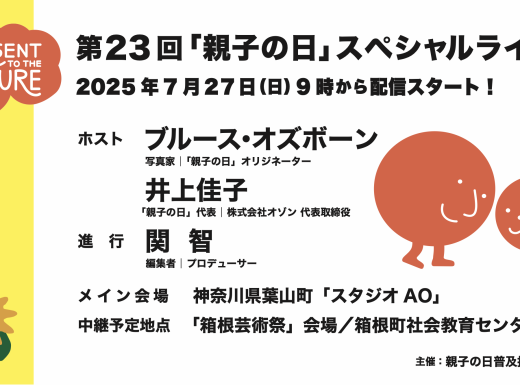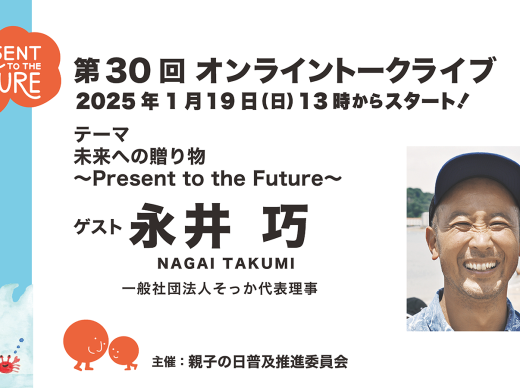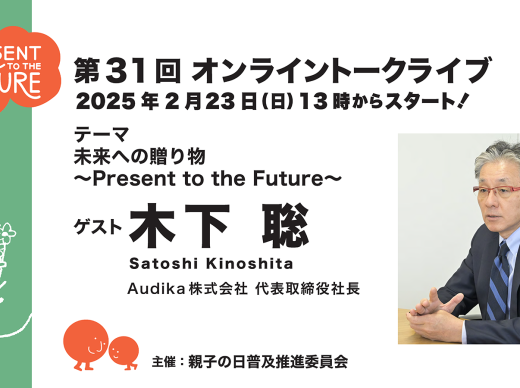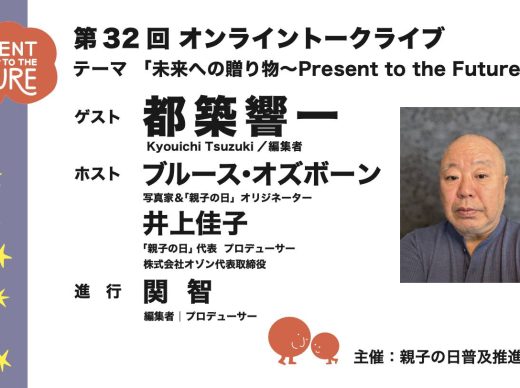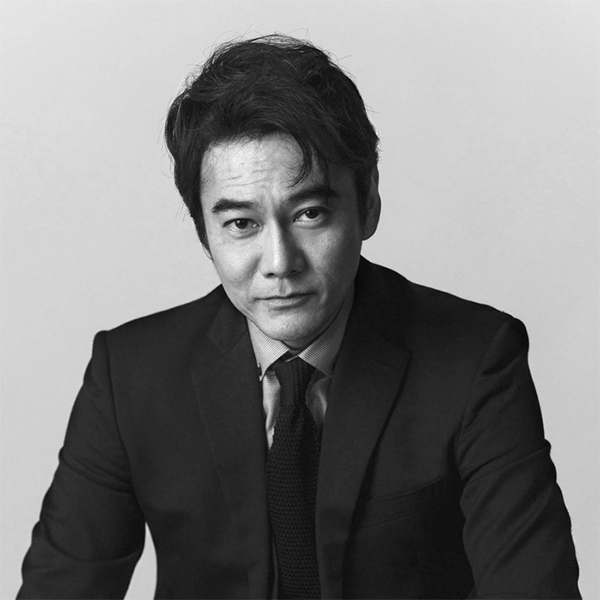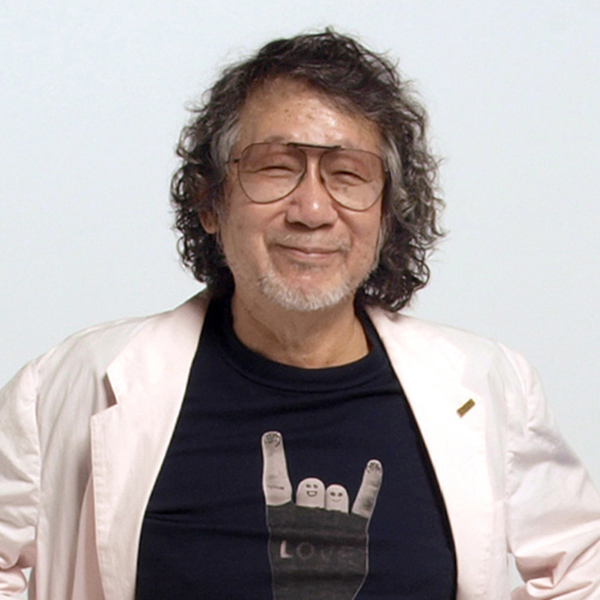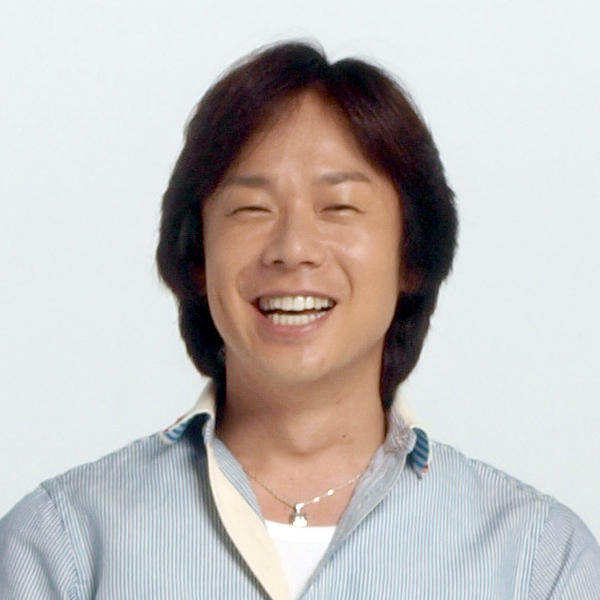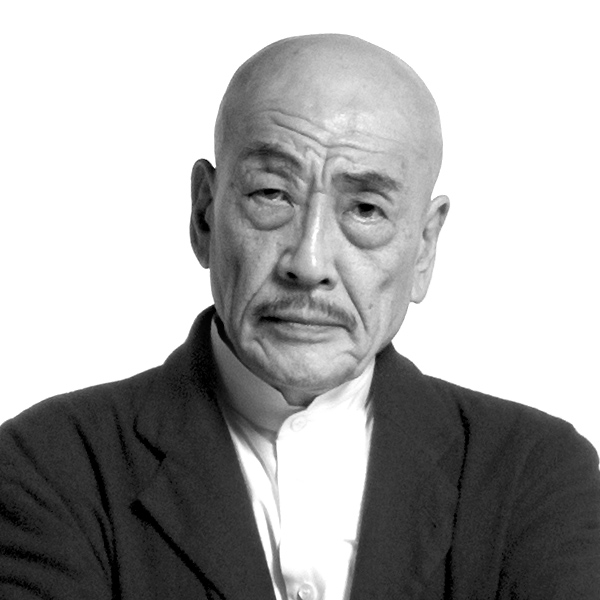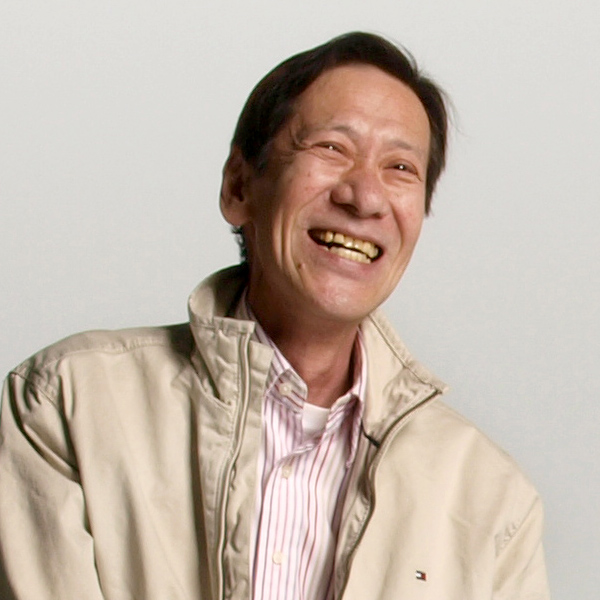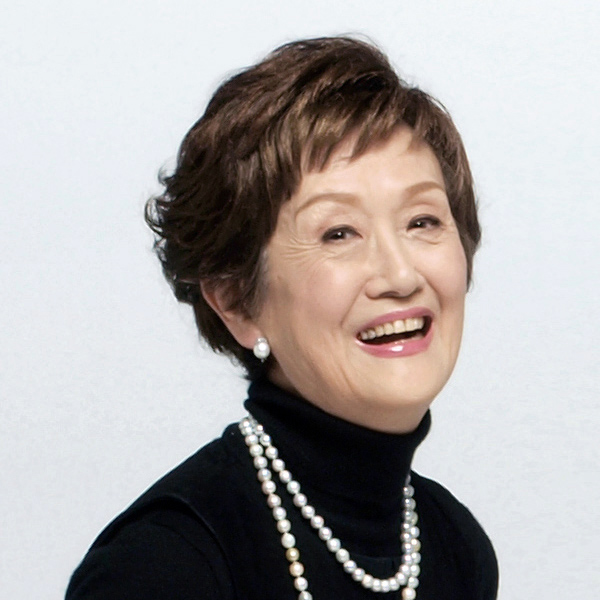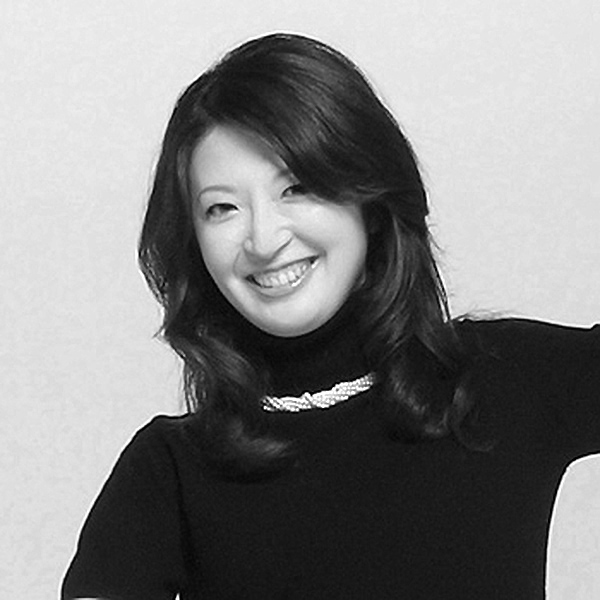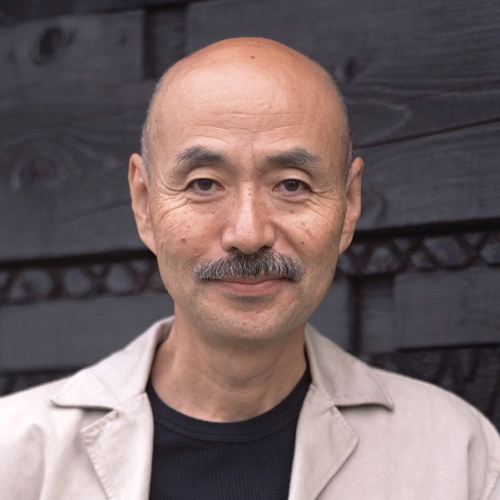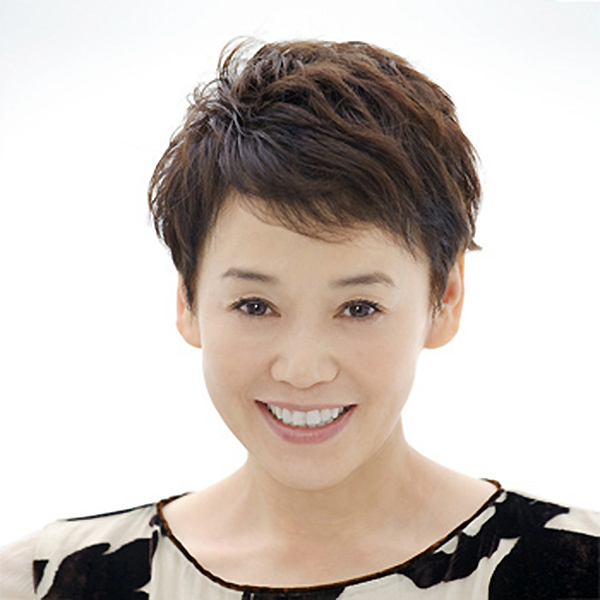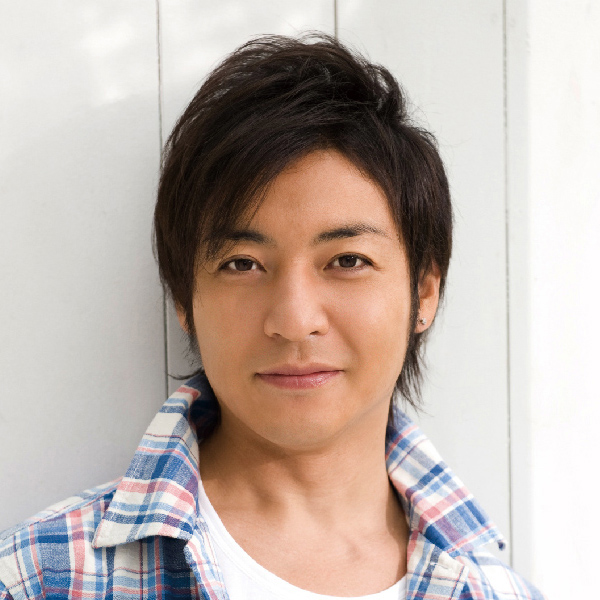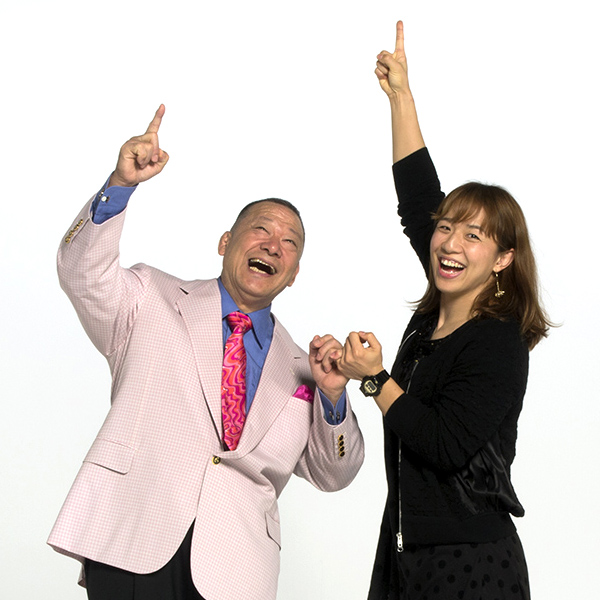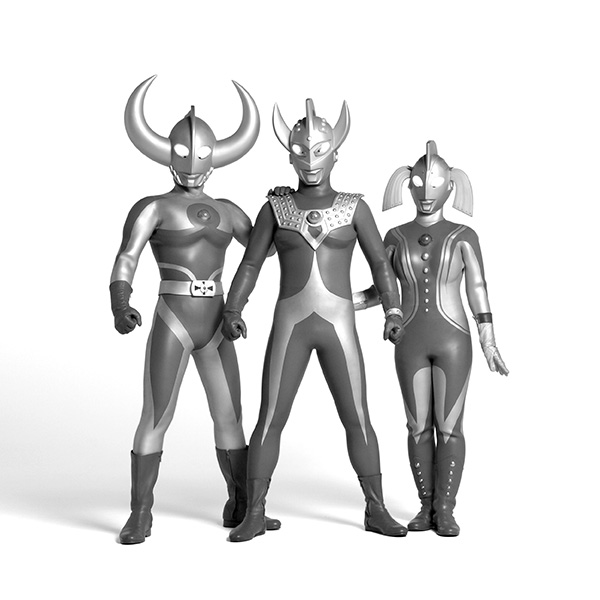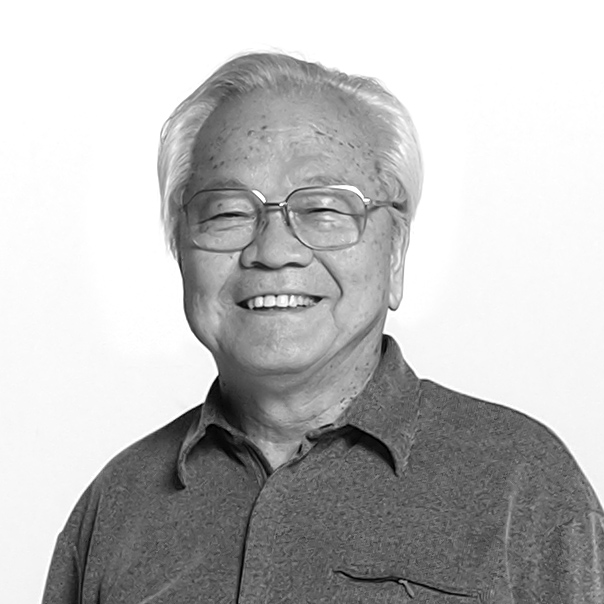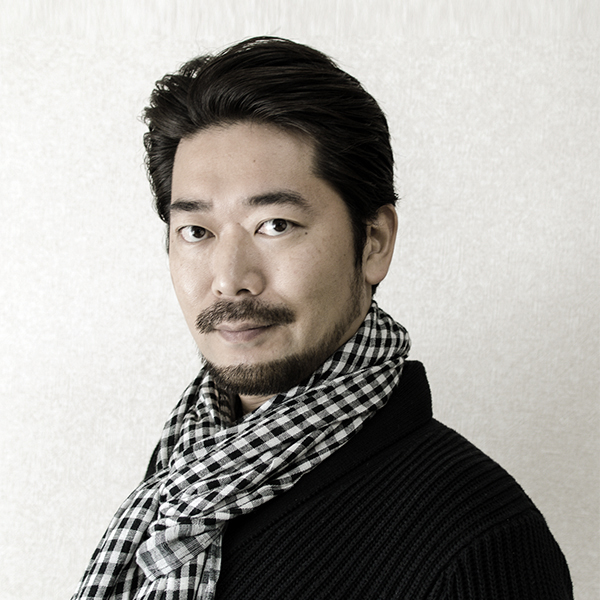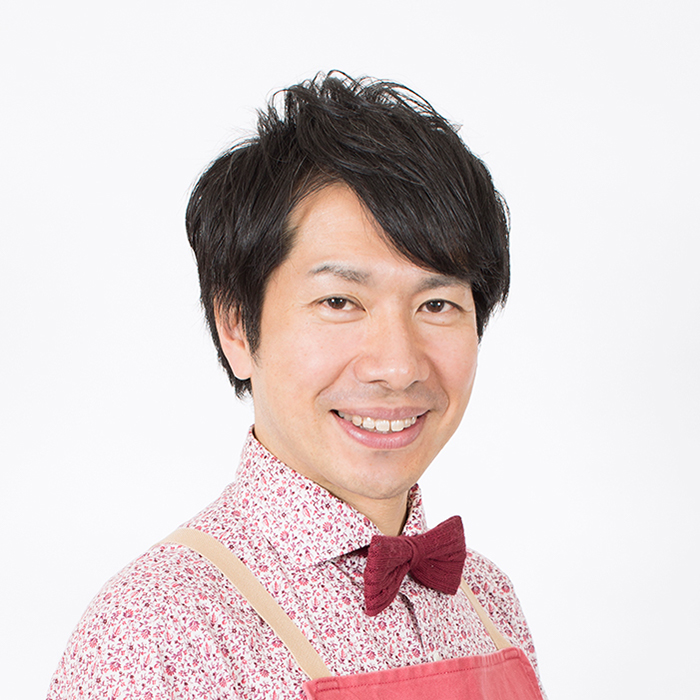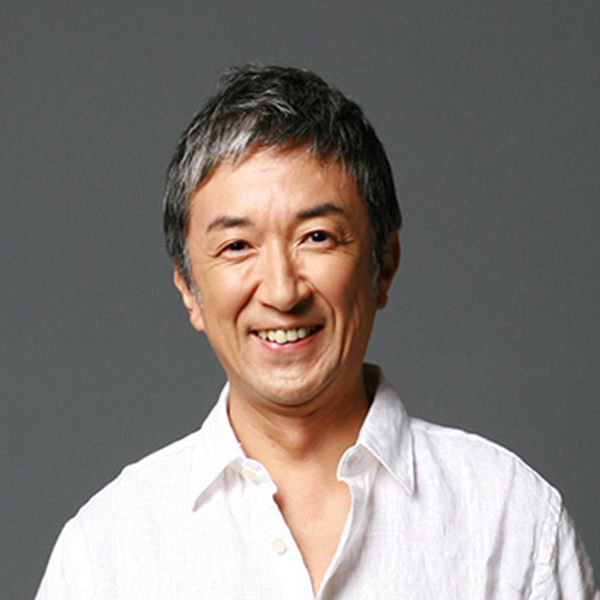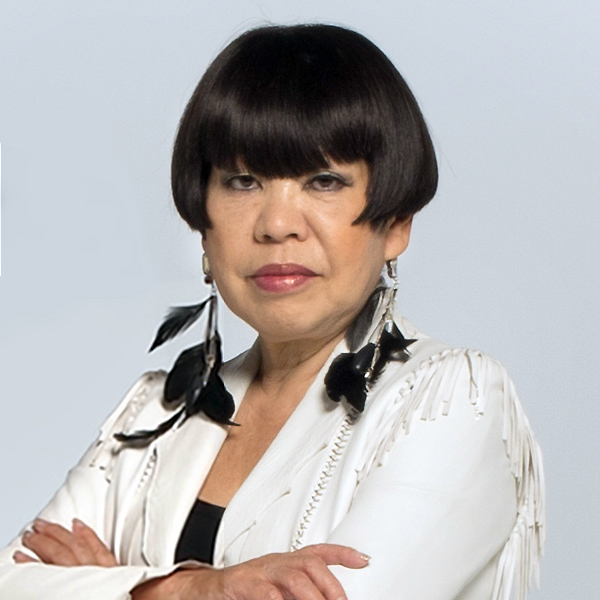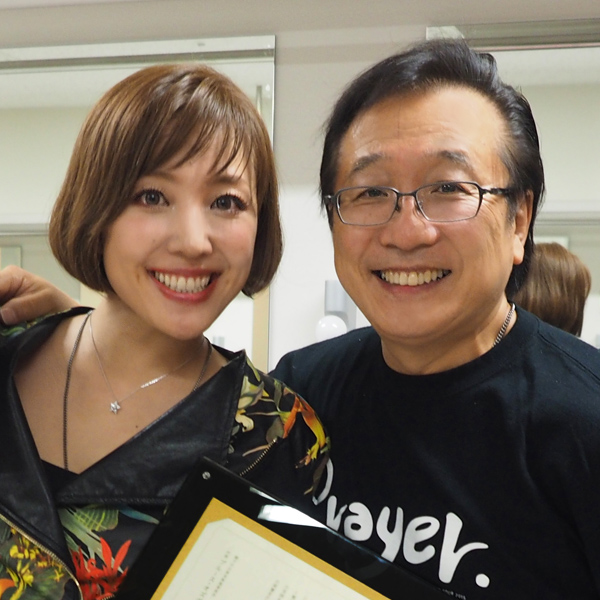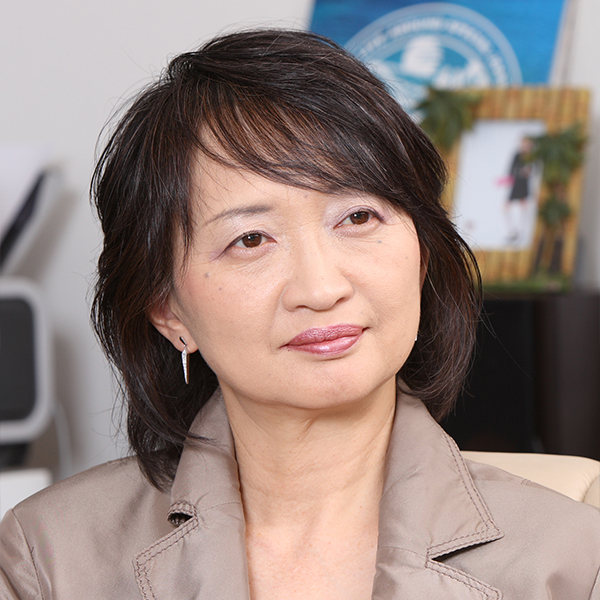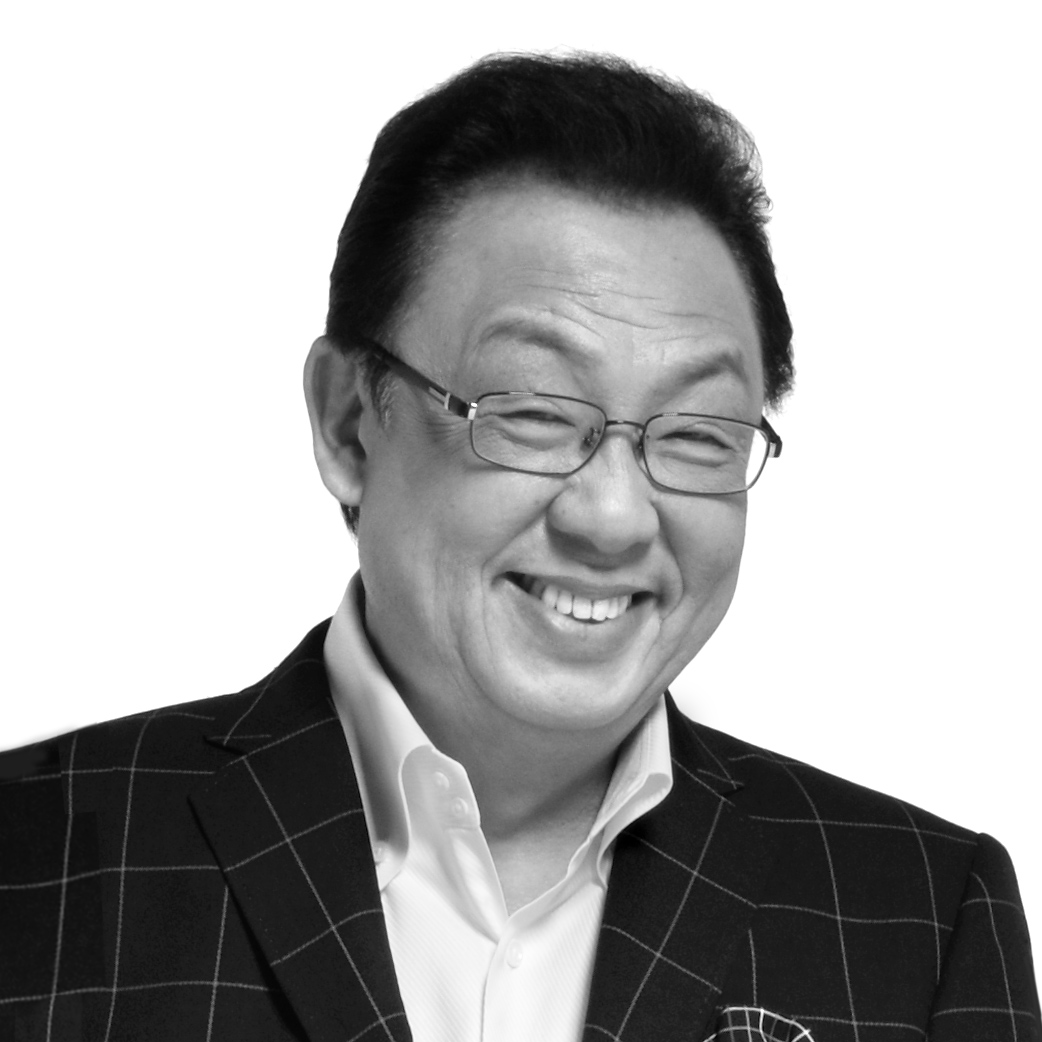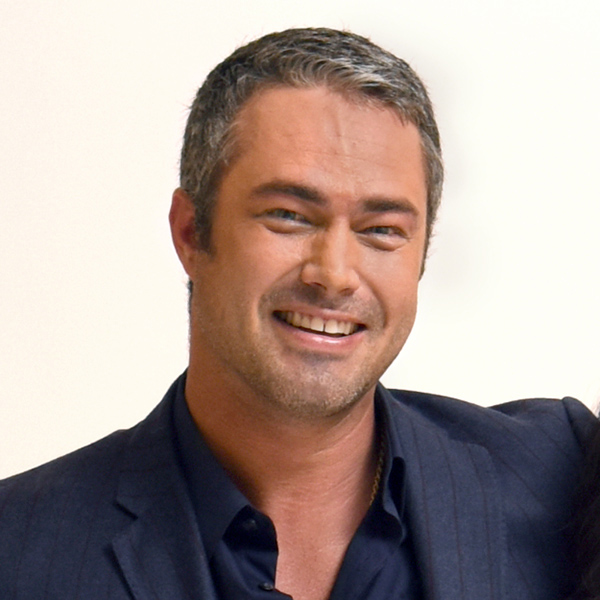Oyako Day Essay Contest 2025 Winners
Event period: May 1st to August 31th, 2025
Event location: Instagram and email
Oyakoday Special Award
- Cao Hagan Quilt Rug and Photo Picture Book “Taisetsu na Mono”
“Yuna-chan is such a good girl, she doesn’t cause any trouble.”
Those words became a kind of curse. Born as the eldest daughter in a rural family, my reputation was tied to the reputation of the house. My education-focused parents took me to cram school before I even started elementary school.
Because I started things earlier than others, I was able to do decently in both sports and academics.
Getting good test scores and winning awards in club competitions were just normal for me.
That’s how I defined myself.
In contrast to my sociable younger sister, my conversations with my parents ended up being about “achievements” all the time.
But I couldn’t keep doing everything perfectly forever.
Every time I accomplished something, I felt the need to achieve more, so I kept taking on new things.
As I continued doing this, I broke down.
I became a school refuser.
I couldn’t sleep every night because I was anxious about going to school the next day.
Even when I woke up in the morning and put on my uniform, I couldn’t bring myself to step out the door.
It was painful to see my mother watching me with concern.
Every time she said, “It’s okay to rest,” I felt like I was betraying her trust.
I felt like I was no longer her proud daughter.
Seeing my father act as if nothing had changed, pretending everything was fine at the dinner table, made me anxious.
I took out my frustration on objects.
Even in those times, my parents never gave up on me.
When I started spending more time alone, with my day and night flipped around, my mother stayed up with me and watched Korean dramas. On days when I managed to wake up in the morning, she took me on drives.
My father, wanting me to pursue what I truly wanted, started watching over me from a distance.
When I said, “I want to go to a correspondence high school,” he nodded without saying a word.
Even when I couldn’t do anything, they stayed by my side without changing.
Through the time I spent not attending school, I feel like I got to know my mother and father better.
They knew more about me than I imagined, and they loved me.
Now that I fully understand that, I can love the imperfect version of myself too.
Dad, Mom, I think raising me was a lot of work.
I’m sure there were many unexpected things, but with that, we also made many memories.
Thank you.
DAC NIKI HILLS Award
- Fruity Weekend Juice Set
“Today, I might cry.”
It was Monday morning. My four-year-old daughter Akari said this while crossing her arms and tilting her head.
I almost laughed at the contrast between her recently grown-up way of speaking and the childlike anxiety she expressed.
For a child with a working mom, Monday mornings are a challenge.
When we arrive at daycare, cries of “I want Mommy” can be heard from everywhere.
Children who have spent the weekend with their moms find Monday mornings unbearably lonely.
Until she was about three years old, my daughter cried almost every week.
I would head to work with a tight feeling in my chest, hearing her sobbing from behind.
But now, she understands that Mommy has to go to work and that playing with her friends makes her happy.
So, she doesn’t cry anymore.
But that doesn’t mean she isn’t lonely.
We spent so much time together over the weekend. She doesn’t cry, but she’s still lonely, right?
I understand how she feels, Akari.
On mornings like this, my daughter always says something.
“Mom, make fried chicken.”
It’s probably because she loves fried chicken and it gives her the strength to carry on.
But I believe that more than that, what truly supports her is knowing that “Mom is making this for me, thinking about me.”
As she grows older, she will face many challenges.
Right now, she tells me everything, but there may come a time when she doesn’t want to talk.
There will be fewer opportunities for me to encourage her with my words directly.
During those times, I’ll probably be frying fried chicken instead of saying, “Do your best. You’ll be fine, Akari. Mommy is always on your side.”
“I got it. I’ll make a delicious fried chicken,” I will say.
Then, Akari will smile brightly, like a blooming flower, and walk into her classroom.
Watching her confident back, I feel both the joy of her growing up and the sadness of her becoming more independent.
And so, today too, I fry chicken,
Filling it with extra juicy love.
CHOYA Award
- The CHOYA FRENCH OAK (Barrel-Aged Umeshu)
My father is no longer here. He suddenly passed away when I was fifteen.
In reality, he had been absent from our home even earlier, as he had gone on a work assignment to a distant place.
Since I was in second grade, I could no longer see him casually. As a result, my memories of him became hazy. But even as a child, I clearly remember thinking, “I mustn’t show weakness” and holding back my tears.
One day, an old video recorder was found deep in the closet. It was big and heavy. When I thought about how we used to film with this, I felt grateful for the era where we can do everything with a smartphone. While thinking that, I powered on the recorder and played the video tape that was inside.
It was footage of my sports day. It was the parent-child three-legged race with my father. I was trying to run in sync with him. My father was trying to run in sync with me.
But it didn’t quite match, which made it a little awkward. Even so, my father was running seriously with me. His hand, placed on my shoulder, seemed so large.
That’s when my memories started to resurface. No matter how busy he was, my father always came to my sports day. We didn’t have time to practice, so we had to sync up during the event itself. I was nervous about it, but my father seemed to be enjoying it.
Now, my father would be 67 if he were alive. Although my wish to live together again was never realized, this video tape preserved the memories of my childhood that I had almost forgotten.
CHOYA Award
- CHOYA Plum Jelly
When I met my father once a month, there was something that always bothered me, no matter what. I couldn’t say it out loud, so I’ll tell you secretly.
It was that my father’s stomach seemed to get bigger every time we met.
It was the perfect softness for a pillow when he took a nap, so I didn’t mind his stomach at all. In fact, I rather liked it. But I thought it might be bad for my father’s health, so every time we met, I would say, “Lose some weight.”
My father would always reply, “I guess I’ve gained weight again. Alright, I’ll lose weight before we meet next time.”
However, those words rarely became a reality. How could I help my father lose weight? Maybe living alone made his eating habits go awry? Then how could I raise his awareness of healthy eating? After thinking about it a lot, I decided to start a certain operation.
It was called “The Exchange Diary Operation.”
Though it’s called an exchange diary, it was a little different from a regular exchange diary.
First, both my father and I would each prepare a notebook. In it, we would always write the date and the events of the day.
My father would also write down his meals for the day.
Then, during the next meeting, we would exchange the diaries.
This way, I could monitor his meals.
And by being monitored, my father would hopefully start following a regular eating routine.
The Exchange Diary Operation was a huge success. My father’s eating habits improved.
This happened when I was in elementary school.
More than three years have passed since then, and after I got a smartphone, I stopped the exchange diaries with my father.
Recently, however, I started noticing my father’s stomach again.
I guess I’ll have to start it again.
The Exchange Diary Operation, Part 2!
I still vividly remember the day my mother said to me, “I’m sorry.”
It was the day I was diagnosed with a developmental disability and intellectual disability.
Until then, both my mother and I had believed that “if you try hard enough, you can do the same as everyone else.”
So, in matters of studying and daily life, I was scolded constantly.
Especially during my school years, being reprimanded for my studies and test results was a daily occurrence.
“Why can’t you do better? Aren’t you studying?”
“I am! But I just can’t do it!”
Even as I cried and pleaded, I was told, “It’s not something to cry about.”
Every day was a cycle of negativity.
The turning point came when I visited the hospital with my mother as an adult.
After the tests, I was diagnosed with both developmental and intellectual disabilities.
Right after the diagnosis, my mother said to me,
“If I had known this earlier, I wouldn’t have scolded you so much.”
“I’m sorry for calling you stupid.”
At that moment, tears overflowed. From that day onward, the emotional distance between my mother and me began to slowly shrink.
Now, my mother understands my traits, and when needed, she tells me, “Don’t push yourself too hard,” and “The motto is not to overdo it.”
Those words have become a brake for me, who tends to rush forward, and there are more opportunities for her to praise me.
My mother’s words have gradually restored my self-esteem.
My mother’s apology gave me a new parent-child bond.
On this special day, “Oyakoday,” I wrote this essay to express my gratitude to my mother, who has supported me.
This is also the beginning of a new chapter in my relationship with her.
And now, I truly feel this:
“Mom, thank you. I’m so glad you are my mother.”
Lingua Franca NY Award
- Lingua Franca NY Branded Original Products
When my son was young, he would cry and chase after me even when I just needed to go to the bathroom. Now, he’s in his teenage years.
When I try to talk to him, he brushes me off, and depending on his mood, he might even say hurtful things.
The son who was once so adorable… Is raising a boy a short and intense experience?
The fact that my son has turned 18 means that, perhaps unknowingly, I too am aging, with my metabolism slowing down. The more I eat, the more weight I seem to gain—no, even though I’m not eating that much, the weight tends to settle around my waist.
At this rate, I’ll have no choice but to change my size and buy new clothes.
That means more spending. Rather than for beauty, I skip dinner to save money, not because of dieting, but simply to eat less.
“You’re not eating again today?”
“I am eating.”
“That’s barely anything!”
“I’m fine, I’ve already eaten a lot for breakfast, lunch, and snacks.”
“You need to eat more! If you don’t get proper nutrition, you’ll get sick!”
“When you get to my age, you gain weight easily.”
“You can gain weight if you want!” My son is truly angry.
Even though we argue… in his anger, I can still sense my son’s true feelings:
(I am loved.)
When I think this, I realize that, for him, I will always be the one and only, irreplaceable person. Being a mother feels wonderful, and I ask for seconds at dinner.
Tsuburaya Productions Award
- “Ultraman Ark THE MOVIE: The Great Battle of the Next Dimension! Ark of Light and Darkness” Blu-ray Special Limited Edition
One summer day, when a neighboring town recorded the highest temperature in history at 41.8°C, I took my eldest son, who moved like a well-grown raccoon, and my younger son, who was like a little raccoon scurrying around, to a certain mountain area.
Our destination was a place called the “Fishing Center,” a fancy name for a typical fishing pond. It was a leisure spot where they would grill the rainbow trout and sweetfish that you caught, but the most noteworthy part was the opportunity to experience “sweetfish catching.” The raccoon and the little raccoon were determined to catch something, not glory or success, but rainbow trout and sweetfish.
The problem, however, was that “catching a fish that freely moves around in a pond is a feat that even a wild bear could not achieve.” As expected, within five minutes, the little raccoon (my younger son) gave up and quickly switched to fishing for rainbow trout. Since the fishing was so easy, it wasn’t long before he caught three in under five minutes.
Meanwhile, the raccoon (my eldest son) was deeply focused, using a style reminiscent of Miyamoto Musashi, holding a net in both hands and chasing the fish without giving up. Since the fee was the same regardless of how long you played, I ordered a grilled rainbow trout while leaving my eldest son to continue his battle.
Five minutes later, there was a cheer from the fish-catching pond. Looking over, the center of attention was none other than our own raccoon.
“I caught it!” he said proudly. Inside the net he was holding was a shining sweetfish, flapping its tail in frustration as if to say, “What are you doing to me!”
The raccoon excitedly explained how he caught the sweetfish, but as usual, he wasn’t very good at explaining, so I couldn’t quite understand what he was saying.
“Anyway, well done!”
I praised the raccoon’s great achievement and spent 700 yen for an extra grilled sweetfish.
Seeing my raccoon smiling as he bit into both the grilled rainbow trout and sweetfish, I was reminded of how quickly time passes and how much my children have grown. It was a summer day I will never forget.
Matsuri Engine Award
- Matsuri Goods
By chance, I started living in Hiroshima this April.
Hiroshima is the first city in the world to have been bombed, and because of this, it is a city where you can strongly feel the prayers for peace.
On a hot summer day, as I was walking, I heard the sound of “paper cranes” drifting from a nearby elementary school, perhaps as part of peace education.
It had been about 20 years since I last heard that sound.
As I felt nostalgic, my grandfather’s face appeared in my mind.
Hiroshima is also the birthplace of my grandfather.
To me, my grandfather was a well-educated, skilled cook, a talented artist, and a person full of vitality with many talents.
His thick, sweet omelets were exquisite, and when I was a child, this was often my snack.
Even when I won awards for my paintings in art competitions, I would look at my grandfather’s solemn and unique paintings of the same scenes and think to myself as a child, “I can never match this.”
But still, my grandfather always praised me, no matter the circumstances.
Last year, I gave birth to a son and became a mother.
After coming to Hiroshima, I witnessed the remnants of the wartime devastation that still remain here. I think about my grandfather as a young child who lived through that time, someone I never knew.
What I know of my grandfather is that he was a “multitalented grandfather who adored his granddaughter,” but just like my son, he once had a childhood too—though it was in a completely different environment.
I think about how, in those days, he had to live thinking about surviving each day, being tough and strong.
It’s because people like my grandfather overcame such times that we are here today.
This summer, I felt peace more profoundly and closely than ever before in my life.
I also experienced new feelings of wanting to pass on peace to the next generation, to my son.
I want to trace the roots of my grandfather and ancestors here in Hiroshima, and the places where they lived.
Where did our lives come from? What kind of times did they live through, and with what thoughts did they live? How did their blood flow into us today?
I want to follow the history of the relay of life and pass that baton to my son, and to future generations.
Oyakoday Award
- Oyakoday Original Goods
At that time, I was living in Osaka, where my husband had been transferred for work.
It was an unfamiliar place, my family was far away, and my husband worked in sales, often coming home late into the night.
It was what you would call a “one-person operation.”
My young son often had fevers.
That day, I was incredibly sleepy.
My husband had come home late the night before, and the housework stretched into the early hours of the morning.
Even though he told me, “You can sleep,” I stayed up, waiting for him to come home.
My son, who had been napping, woke up.
I think he was around three years old.
“Mom, wake up! I want to go on the slide!”
I was too sleepy and replied, “Just a little more sleep,” but he insisted, “Ken-chan isn’t sleepy. Let’s go for a walk.”
I said, “There’s pudding in the fridge,” and my son ate it skillfully, then came back to persuade me again.
I still wanted to sleep, so I said, “My head hurts. I think I have a fever. Watch the Tomica video.”
In reality, I didn’t have a headache or a fever. I was pretending to be sick.
My son became quiet and left my side.
Just when I thought I could sleep for another 20 minutes, I felt something cold on my forehead.
“Mom’s head, ‘Itai no itai no tondeike!’ (Pain, go away!) This will make your fever go down!”
My son had taken a cooling pad from the fridge and placed it on my forehead.
There was a small chair in front of the fridge.
I could picture him saying, “One step, two steps,” as he carefully carried the chair and stretched up to grab it.
Tears quietly fell. The mix of guilt and emotion over his growth moved me deeply.
“Ken-chan, thank you! I’m better now.
Let’s go for a walk. I’ll get ready right now, so wait for me.”
My son, who had been waiting by the door with his shoes on, muttered,
“Mom, you’re so slow! How long are you going to make me wait?”
That was exactly my husband’s tone.
I burst out laughing.
Children observe their parents well.
I held his small hand and we went outside.
My son, who will soon turn 29, is likely to become a father soon.
I’m sure he’ll be a kind father.
But please, take your time while your wife gets ready.
A cream-colored baby blanket with a big picture of a rabbit.
In times of anxiety or when I was scolded, I would spread it out like a magic carpet and bask in the sun, enjoying a moment of pure bliss.
Gradually, sleep would overtake me, and I would close my eyes and drift off…
When I woke up from my nap, the rabbit blanket was always covering me, gently and sweetly, like soft castella cake.
“You always kick it off right away. Every time, I had to tuck it back in for you. Ah, you were so cute.”
My mother would smile as she looked into my face, seemingly searching for traces of the past.
Surely, the comfort of the blanket wasn’t just from its soft texture. My mother’s deep love must have soaked into it, making the warmth even more comforting, wrapping me up entirely.
Over time, it became sun-bleached and faded, with a few stains that soap couldn’t remove.
Still, I never threw it away, always hanging it in the front of the closet.
Just having it nearby, it felt as if it was there beside me, and it strangely soothed my heart, filling me with a sense of happiness.
Now, as I bask in my mother’s love through the blanket, I watch my daughter, snoring loudly beside me.
“Honestly, you always kick it off. We’ll cover you up properly, so you don’t catch a cold.”
Relaxing by the window at my parents’ house, I pull down the hem of my polka-dot blouse to hide my belly button. I then cover my daughter with her favorite dolphin-patterned baby blanket and hum a lullaby.
“Maybe I’ll take a break with you.”
Lying down with the familiar rabbit blanket on my stomach, I curl up like a little caterpillar.
In the same position as my daughter, with my mouth open and eyes closed, I drift off into a peaceful sleep…
Eat well, play well, rest enough, and grow up strong.
While wishing for my daughter’s healthy growth, I too am slowly enchanted by the magic of the blanket.
There came a day when I stopped going on family trips.
I had been glued to my desk preparing for university entrance exams… or perhaps, I had just come up with that excuse.
The truth was, I simply couldn’t find a reason to go to noisy places with my family anymore.
— In other words, I longed for silence.
My family silently accepted it. Gradually, the number of trips they took without me increased.
They must have sensed that I was yearning for “serenity.”
In my house, silence never truly existed.
The TV was always on, laughter shook the walls, the ventilation fan hummed, and the air conditioner groaned.
Even if I curled up in the furthest corner of the house, the noise would follow me.
— However, when my family was gone, silence would unexpectedly arrive.
A silence so empty it felt almost unnatural.
The body left behind in the stillness experienced a strange sense of liberation.
The air spreading from corner to corner of the room didn’t clear with a “shh” but instead carried a tension, as if it were on the verge of snapping. I tried to merge with it.
I wanted to live in that stillness forever.
…That was my feeling for the first three hours.
Soon, the silence turned into a ringing in my ears, summoning phantom sounds that gnawed at my mind.
I started feeling ill, and in the end, I turned on the TV and played music…
— Ah, please come back.
When the door opened, the noise rushed in.
Laughter bounced through the air, the clinking of dishes echoed, and the TV blared noisily.
I frowned, but deep inside, I felt relieved.
The stillness certainly comforted me.
But it was the noise that connected me to something.
I hear there is something called “OYAKO Day.”
I want to celebrate that day not as a day to give flowers or exchange special words, but simply—
as a day to truly appreciate the value of the noise.
The discomfort of being alone.
The disharmony born from the interactions between parent and child.
That disharmony is my life, my comfort,
— and the place to which I belong.
This spring, I started working as a doctor.
Having attended private schools throughout middle and high school, and also having experienced a gap year and studying abroad, I found myself finally entering society at the age of 28.
The moment I received my first paycheck, I asked my mother, “Is there anything you want?”
She smiled and said, “I don’t need anything, but I’d like you to pull the weeds in the garden.”
During the Golden Week, when I went back to my parents’ house, I remembered my mother’s words, and for the first time since elementary school, I got to work pulling weeds.
My body, which had spent its youth buried in tests, found the May sunshine blinding, and it was quite exhausting. When I thought about how my mother had done all of this by herself, silently, while I was at my desk, my heart felt like it was being sunburned.
As I became a doctor, the first lesson I received from my mentor was, “Treat your patients as if they were your own parents.”
What is truly important when facing others is listening to their needs and responding to them.
I realized that pulling weeds for my mother and working in the medical field have the same root.
The “thank you” my mother said after we finished pulling the weeds still lingers inside my white coat, somewhere, unresolved.
I left my 89-year-old mother alone at her home, and at the age of 61, I quit my job as a doctor and moved to the Netherlands. I finally made the decision to pursue my childhood dream of becoming a novelist.
My mother did not immediately forgive me for this. “How could you leave an old woman alone and go to a distant foreign country?”
The letters I received from her often started with the same complaint and ended with the same anxiety. My father passed away at the age of 71, and my mother, who had entrusted me to be his doctor during his final moments, likely wished for me to care for her in the same way. I understood that feeling all too well. But even so, I wanted to go. I wanted to write the continuation of my dream.
One day, my mother’s letters suddenly changed. “You always used to write stories when you were little.”
It was a sudden sentence. Thinking back, I realized that as a child, as long as I had paper and a pencil, I could create worlds wherever I was. My mother said that she saw my image of sitting at a desk, weaving words, and she saw that in my father’s youth.
My father was a doctor, but he was also someone who loved poetry and novels. In between patient visits, he would read books and sometimes write something in a notebook. He was a person who had once sealed away his dream of becoming a writer, wrapped in his white coat. Perhaps, unknowingly, I had inherited that dream.
Finally, my mother said, “You’re going to carry on your father’s dream. Well, I guess there’s no more to be said.”
On the morning of my departure, I found a small envelope tucked in the corner of my bag.
“Be careful. Both your dream and your father’s dream, I’m cheering for you.”
I cried out loud at the trembling handwriting.
Dreams may seem like they belong to an individual, but perhaps they are, in reality, a legacy woven with someone else’s memories and wishes.
My mother’s permission became my first step. And even now, as I write in a distant country, my mother’s quiet prayer supports my back.
It was a long time ago, on Mother’s Day in May.
I had returned home and asked if there was anything you wanted. Your answer was that you wanted a cane.
You, now elderly, had become quite weak in your legs and back, and walking had become difficult. We went together to the store, and the cane you chose was a simple, inexpensive wooden one. When I suggested buying a more expensive one, you softly replied that you preferred this one because it wouldn’t stand out.
After some time had passed without visiting, when I came back again, I immediately noticed that your cane had been shortened. When I asked you about it, you said that it had been too long, so you had cut it yourself.
Considering your high blood pressure and heart condition, using a saw couldn’t have been easy for you. That should have been my responsibility. My neglect had caused you unnecessary strain, and I realized that I had failed to notice how the length of the cane wasn’t right for you.
I felt so foolish for not realizing the issue with the cane’s length, and I thought about all the struggles you faced throughout your life. Dad had disliked you compared to his previous wife. Feeling desperate, you once took me to the railroad tracks in the middle of the night, deciding that you wanted to end it all. But when Dad became seriously ill, you took care of him devotedly, and after that, his attitude toward you changed completely, becoming much gentler.
You must have had a tough time even with your teaching job until you retired. You endured so much for the sake of our family, and it caused your back to become severely bent, so the shorter cane was better for you.
After both of your deaths, I brought home your old cane from the empty house in our hometown, thinking I might need it someday. Now, as I’ve gotten older and my knees have become bad, I’ve started using it, so I won’t fall. It’s short, but I intentionally use this cane. I don’t intend to buy a new one.
With this cane, I slowly walk just as you did, remembering you. This cane is filled with your spirit. While using it, I too walk slowly, reminiscing about you. The short cane has stopped me from falling. Even after your passing, it still supports me when I feel like I might fall. Even after your passing, it still protects me from aging and decline.
Thank you, Mom!

